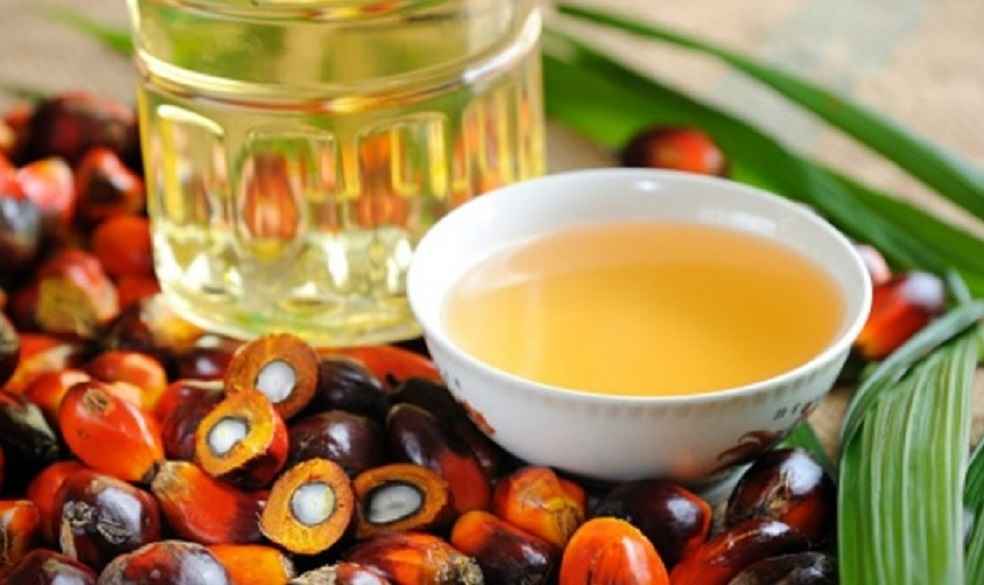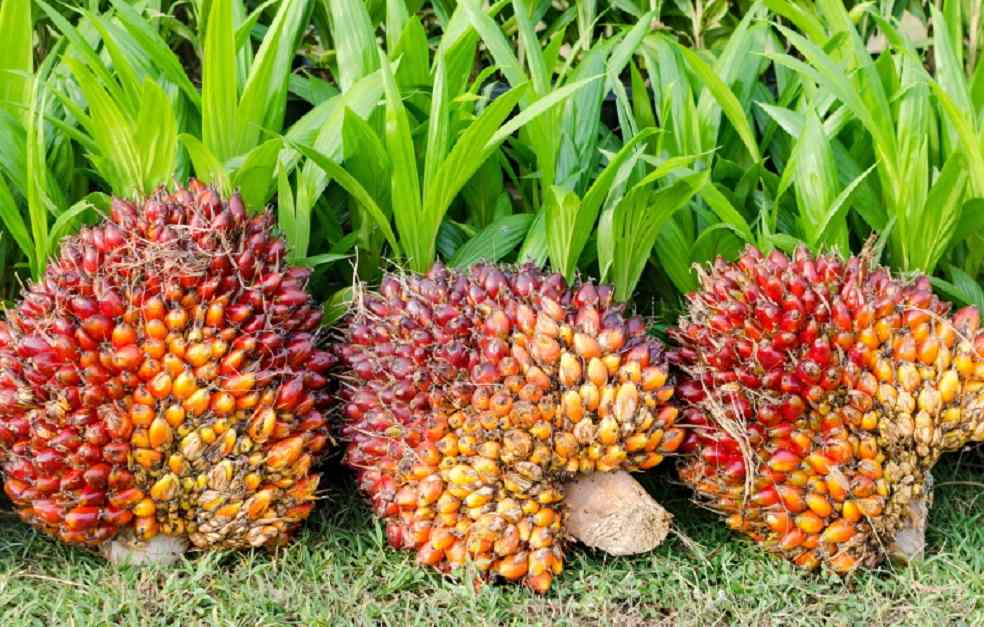Malaysia is planning to significantly increase its palm oil exports to China, bypassing European restrictions. The new move came during the 20th China-ASEAN Expo in Nanning, where investment deals totaling 19.84 billion ringgit ($4.23 billion) were inked, earmarking funds for the development of warehousing, logistics, and waste-to-energy power plants in Malaysia.
A crucial part of the agreement is a 2.5 billion-ringgit memorandum of understanding (MOU) between Malaysia’s Sime Darby Oils International, a state-owned enterprise, and GuangXi Beibu Gulf International Port Group. This MOU will aid the establishment of a trading and distribution center for refined palm oil in the Chinese city of Qinzhou, targeting an annual transaction volume of 500,000 tonnes to meet China’s increasing demand.
As the world’s second-largest producer of palm oil, Malaysia counts China, along with India, Turkey, Kenya, and Japan, among its most significant importers. Since 2009, China has held the position of Malaysia’s principal trading partner, with a 9.4% growth in exports to China last year, amounting to 210.6 billion ringgit. Additionally, both nations have collaborated on the construction of joint industrial parks to fortify their relationship.

The surging tensions between China and developed economies, such as the U.S., have led China to bolster trade with Southeast Asia. During his official visit to the expo, Malaysian Prime Minister Anwar Ibrahim expressed optimism that the strategic initiatives would enhance the trade and economic relationship between Malaysia and China.
Anwar Ibrahim emphasized that the palm oil agreement would serve as a protective measure for the sector, including small-scale farmers, as Malaysia and the largest producer, Indonesia, contend with stringent European Union (EU) regulations. Last May, both countries organized a joint mission to Brussels to voice their opposition to the EU’s deforestation regulations, implemented last year. These regulations prohibit the sale or export of specific commodities, including palm oil, soy, coffee, cacao, and rubber, cultivated on land deforested after 2020. The palm oil sector faces widespread criticism from environmentalists who argue that extensive plantations exacerbate deforestation and endanger wildlife habitats.
The first six months of the year witnessed a dramatic decline in profits for Malaysian palm oil companies. FGV Holdings, a state-owned enterprise, experienced a 97% plunge in plantation earnings, amounting to 13.76 million ringgit. Additionally, data from the Malaysian Palm Oil Board indicated a 2.3% decrease in domestic production from January to June, totaling 8.08 million tonnes.

The decision to augment palm oil exports to China reflects Malaysia’s strategic approach to shield its palm oil sector and reinforce economic ties with China, amidst the challenges posed by the EU’s regulations and environmental apprehensions.
One-fourth of the palm oil imported by China is utilized in the production of instant noodles, while over 70% is used in the creation of personal care and cosmetic products. Given China’s robust cosmetic industry, this deal holds significant potential and promise for Malaysia.
IMEX SECTOR | India, Brazil in Talks to Resolve WTO Sugar Dispute, Share Ethanol Tech



